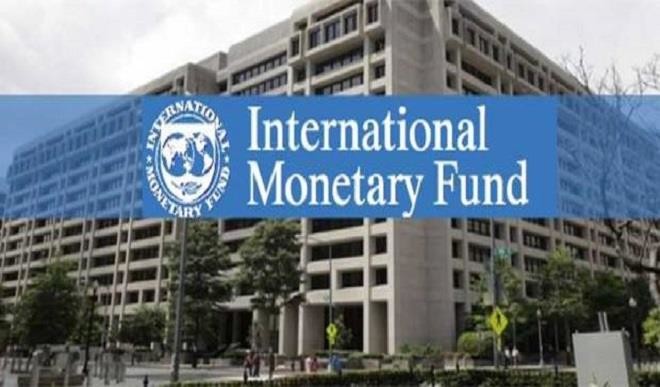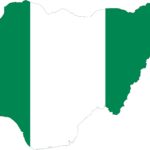The International Monetary Fund, IMF, has said Nigeria’s economic growth is too slow and exposed to vulnerabilities.
The IMF Managing Director, Ms. Kristalina Georgieva, made the remarks on Thursday during her press briefing at the ongoing 2019 World Bank/IMF Meetings in Washington DC, USA.
Answering a question on Nigeria’s economy, the IMF MD said; “what we see, however, is that economic recovery remains still too slow to reduce vulnerabilities, and most importantly, to reduce poverty in the country.”
She stated that Nigerian will need a number of policy tools to recalibrate the economy in a manner that would reduce poverty and drive growth.
“What we experience is some good thoughts around shaking up economic policy now that a government is being constituted in Nigeria. We have been quite consistent to talk about three issues in Nigeria that need to be tackled” she said.
The first issue, she said, is the question of fiscal capacity. “As you know, the tax collection levels in Nigeria leave quite a lot of room for improvement, and without strengthening the fiscal position of the government, the expenditure side, of course, would suffer; so the recommendations that we always give is that countries should aim for 15 percent of GDP in terms of collection to fund the responsibilities of the government, and in Nigeria, this is still quite far. If I am not wrong, we are still in the single-digit territory.”
Secondly, she said the IMF had “been consistently recommending the country to diversify the economy because reliance on oil does not serve very well and that means to continue with structural reforms that would make that possible.”
Thirdly, she said it’s the fight against corruption to make sure that Nigeria’s wealth serves Nigerians.
To this regard, she said, last year, the “Fund adopted a very clear, strong policy on anti-corruption, and we engaged with governments to build their capacity to make sure Nigerian money serves Nigerians.

 Join Daily Trust WhatsApp Community For Quick Access To News and Happenings Around You.
Join Daily Trust WhatsApp Community For Quick Access To News and Happenings Around You.


